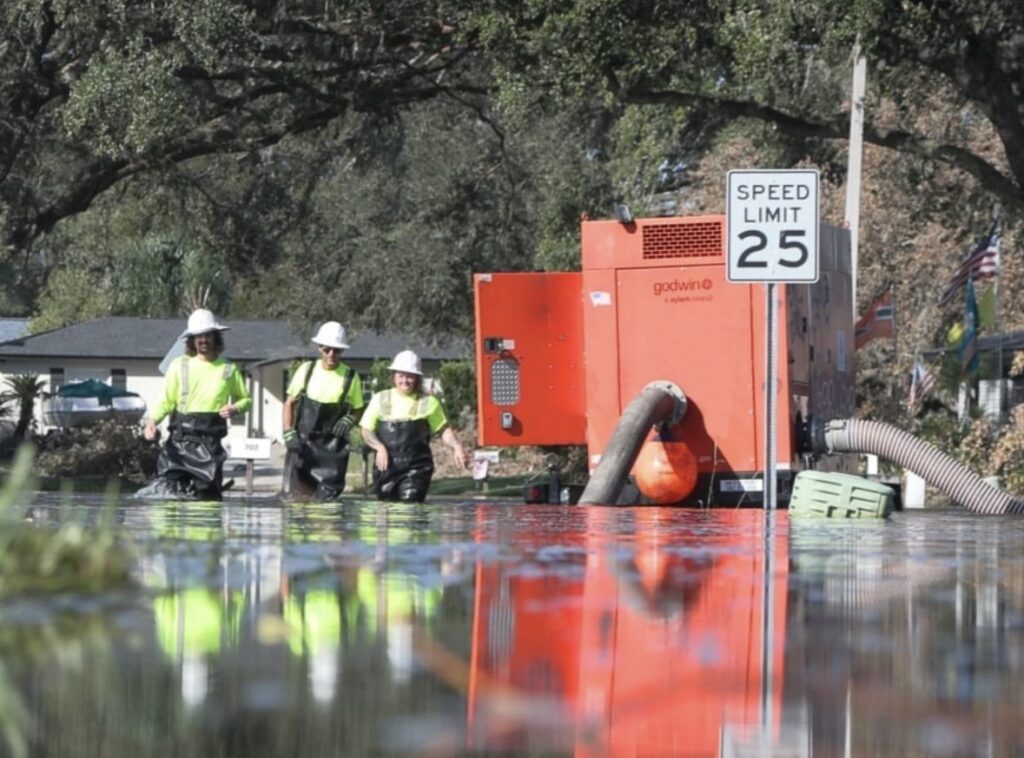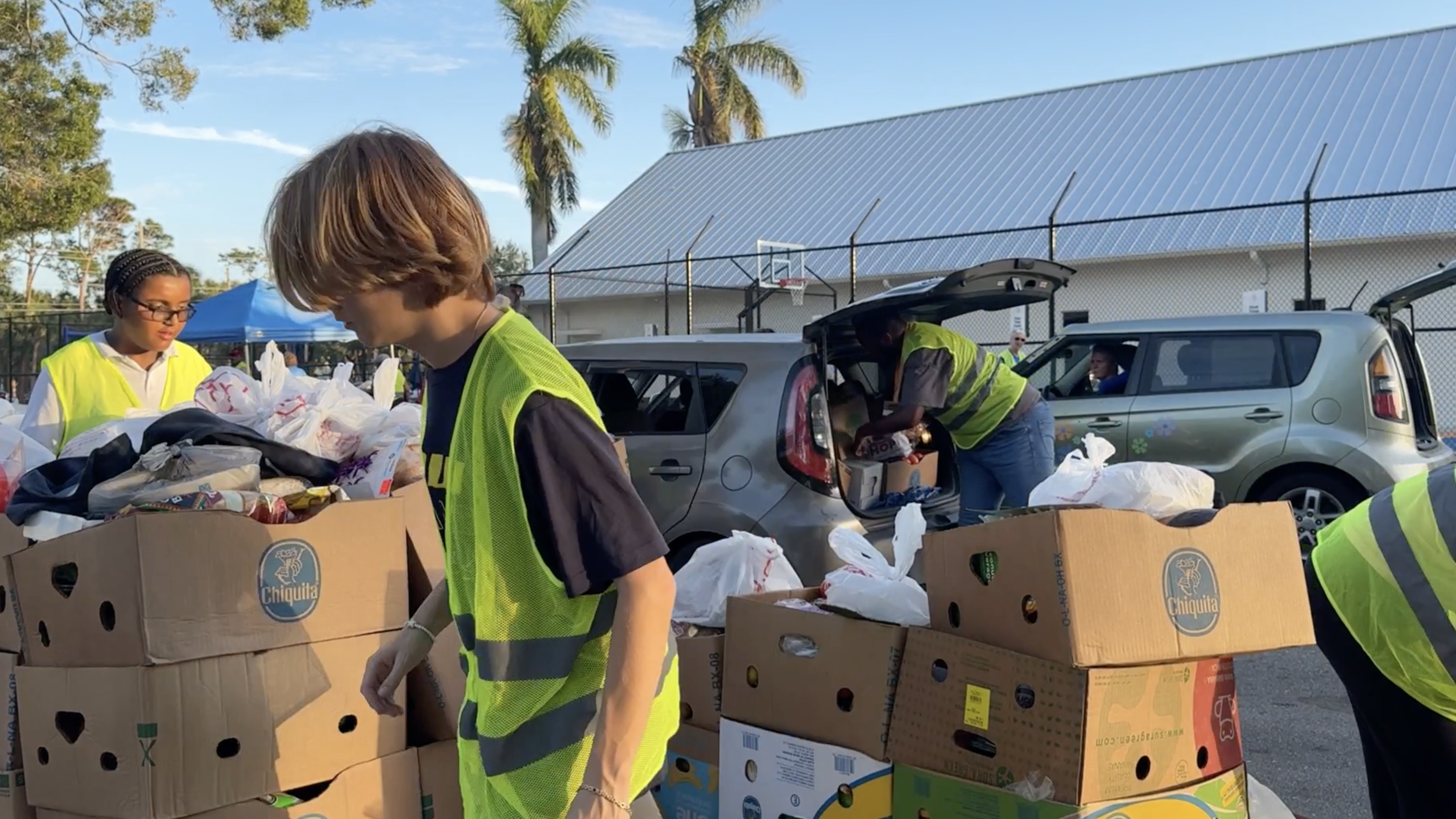Feeding St. Pete offers community support
As the holiday season approaches, many local families may be struggling to make ends meet. Feed St. Pete is the second largest food pantry in the area and is stepping up to help bridge that gap.
Almost ten years ago, Feed St. Pete started was just a small closet at Pinellas Community Church. Today, it operates out of a 2,000 square foot warehouse taking in more than 10,000 pounds of food each week. From sorting donations to filling boxes, this food pantry has become a lifeline for thousands providing food and support when it’s needed. Thanks to volunteers like Stephen Moore, this food pantry is a center for community support.
“Everybody in here is in it for the same reason. Everybody in on Thursday is all volunteers. So, I mean we have a total volunteer force that comes and gives it their time to try and help others and I don’t think there’s a higher calling or higher thing you can really do for your community than that,” Moore said.
Feed St. Pete is more than just a food pantry; with holiday food distributions for Thanksgiving and Christmas they serve up to 2,000 people each month and aim to provide not just meals but also a sense of hope and community.
Dengue fever cases increase after Hurricane Milton

Mosquitos have always been pests, but now it’s possible they can cause real harm.
The Hillsborough County Federal Department of Health has confirmed four cases of dengue fever, also known as break bone fever.
The most common symptoms of dengue fever are eye pain, fever, body aches, nausea and a rash. Seek medical attention right away if you or a loved one experiences any symptoms.
Mosquitos infected with dengue fever can spread it by biting a human — from there it can infect another mosquito, continuing the cycle.
The main breeding grounds for mosquitoes are bodies of standing water and flooding caused by the recent hurricanes.
“As far as an increase based on the water, what we will see is an increase of mosquito populations and when you have that increase, you always have an increased risk for some type of mosquito-borne disease,” said the Director of Public Health Preparedness and Response Ryan Pedigo.
Aerial sprays have been scheduled and mosquito traps set in 27 communities to stop the spread.
Wear insect repellent and drain any standing water near or in your house to prevent mosquito bites.
CREDITS:
- Anchor: Fallon Crowell and Marissa Stiff
- Editor: Melissa Baldelomar
- Audio: Ava Jochims
- Technical Director: Sofia Reyes
- Producer: Valeria Maldonado
- Associate Producer: Luciana Cordero
- Graphic Designer: Marissa Stiff
- Social Media: Marla Rodriguez
- Web Editors: Victoria Harris
- Teleprompter: Marissa Stiff
- Faculty Advisor: Dr. Stephanie Anderson
- Graduate Assistant: Grace Ficara

